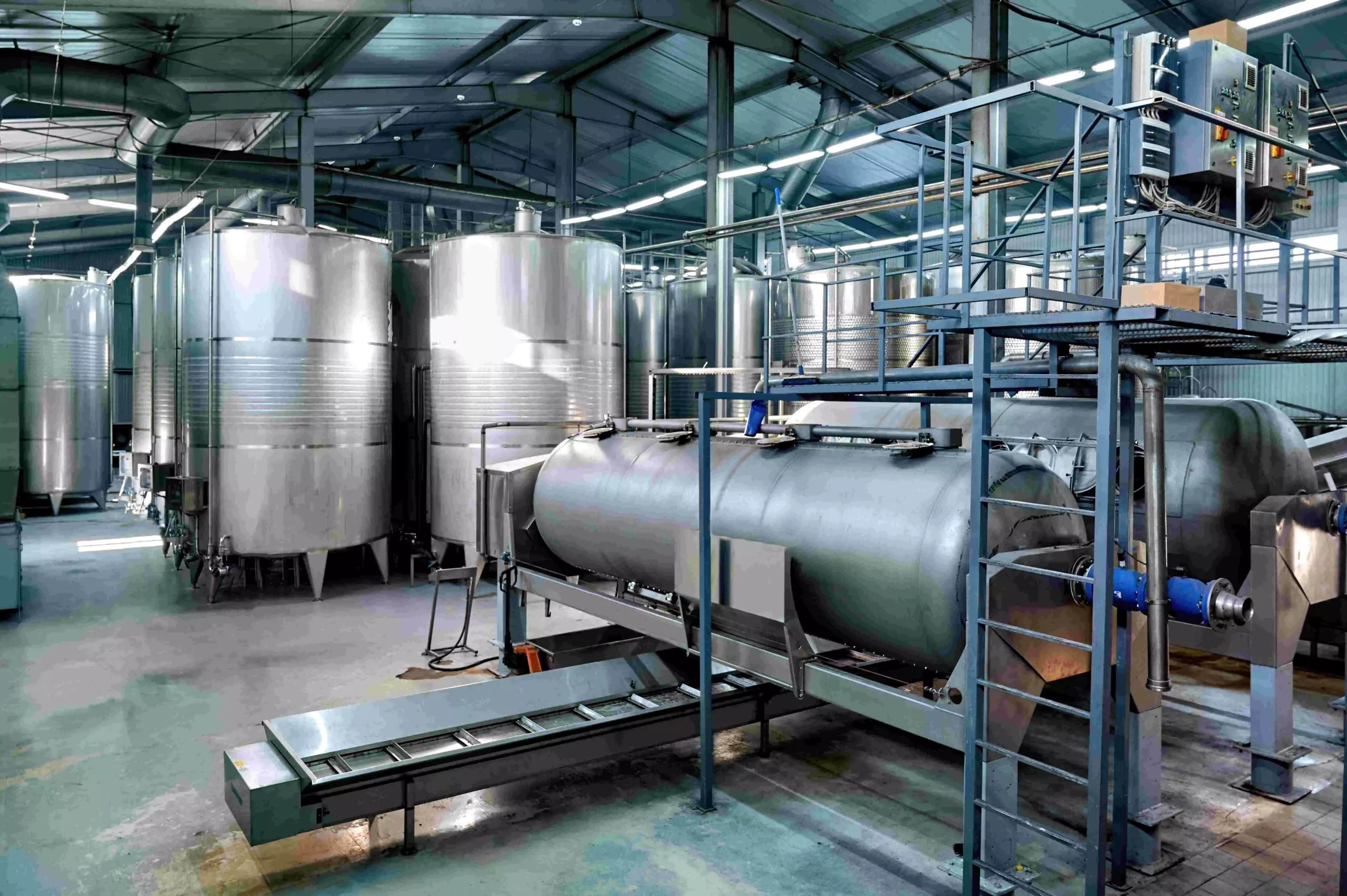Buy or Sell Bio-CNG

Gross Calorific Value
11500 ~ 12500 Kcal/kg

Specific Gravity
0.587

Carbon dioxide
0.789 g/cm3

Methane
92-98%
Bio-CNG Manufacturing Process


Bio-CNG Applications
Bio-CNG is a low-carbon fuel that can be used as a substitute for fossil fuels in a wide range of applications, including transportation, heating, and electricity generation. Advantageously, bio-CNG can be used in existing natural gas infrastructure and vehicles, making it a more cost-effective and practical solution for reducing emissions from transportation and other sectors.

Difference b/w Bio-CNG and CNG
Bio-CNG is produced from organic waste materials such as agricultural waste, food waste, and sewage sludge, making it a renewable fuel
CNG is widely available and has an existing infrastructure for storage, transportation, and distribution
CNG and Bio-CNG differ based on their source, emissions, and availability. CNG is extracted from natural gas reserves and is a fossil fuel, while Bio-CNG is produced from organic waste materials such as agricultural waste, food waste, and sewage sludge, making it a renewable fuel. CNG emits carbon dioxide and other greenhouse gases, but Bio-CNG is a low-carbon fuel that has lower emissions than traditional fossil fuels. CNG is widely available and has an existing infrastructure for storage, transportation, and distribution. However, Bio-CNG is still a relatively new and emerging fuel, and the infrastructure for its production and distribution is still developing.
Bio-CNG
Bio CNG, is a forward-thinking, eco-friendly fuel derived from local organic waste like food scraps and sewage. Serving as a sustainable alternative to traditional fossil fuels, Bio CNG enhances air quality, lowers CO2 emissions, and closely matches conventional CNG in terms of cost-effectiveness, engine performance, and emissions.


